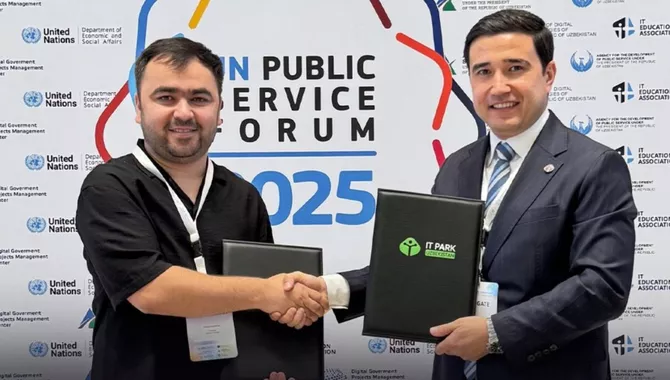Meta Launches Llama 4 AI Model

In a significant move to solidify its position in the rapidly evolving generative AI landscape, Meta unveiled the initial models from its highly anticipated Llama 4 open-source AI suite on Saturday. Meta's CEO, Mark Zuckerberg, conveyed the company's ambitious AI goals in an Instagram video, stating, "Our goal is to build the world's leading AI, open source it, and make it universally accessible... I've said for a while that open-source AI will lead the way, and with Llama 4, we're starting to see that happen."
The first two models in the suite, Llama 4 Scout and Llama 4 Maverick, are now available for download via the Llama website and Hugging Face. According to Meta, these models will serve as the foundation for Meta AI, the company's virtual assistant, which is already integrated across WhatsApp, Instagram, Messenger, and the web.
Meta also introduced Llama 4 Behemoth, describing it as one of the most intelligent large language models (LLMs) developed to date and the most powerful version they have created. Behemoth is intended to assist in training and guiding future models. This launch also marks Meta's first implementation of a mixture-of-experts (MoE) framework. The MoE framework divides the model into specialized components, each focusing on areas such as physics, poetry, biology, or programming. During a given task, only the most relevant expert modules are activated, improving efficiency and reducing costs for both training and inference.
Model Highlights:
Llama 4 Scout is built with 17 billion parameters and 16 experts, providing a 10-million-token context window. Designed to operate on a single GPU, it aligns with the trend toward lightweight, high-performance models, similar to Google's recent Gemma 3 release.
Llama 4 Maverick, also with 17 billion parameters but featuring 128 experts, is designed as a general-purpose model for a wide range of assistant-style use cases. Meta describes it as a reliable "workhorse" capable of handling chat, reasoning, and other digital tasks. Meta claims that Maverick outperforms OpenAI's GPT-4o and Google's Gemini 2.0 Flash across several benchmarks, including code generation, reasoning, multilingual understanding, image analysis, and handling long contexts. It also rivals DeepSeek v3.1, a significantly larger model, in performance across coding and logic-based tasks. Earlier this year, DeepSeek claimed its models could match those from leading U.S. firms, raising concerns about increasing global competition in AI. However, Meta and Google executives have downplayed its potential impact.
What's Next: Behemoth and Beyond
Llama 4 Behemoth, currently in development, is expected to feature 288 billion active parameters, 16 experts, and nearly 2 trillion total parameters. Meta states that it outperforms GPT-4.5, Claude Sonnet 3.7, and Gemini 2.0 Pro in STEM-related tests. Zuckerberg also teased Llama 4 Reasoning, a model specifically focused on complex problem-solving and analytical tasks, with more details expected in the coming weeks. "This is just the start of the Llama 4 lineup," Meta wrote in a blog post. "We believe the most advanced AI systems must be capable of taking generalized actions, engaging in natural conversations, and tackling problems they've never encountered before."
Meta revealed that downloads of Llama models surpassed one billion just two weeks before Llama 4's launch, up from 650 million in December 2024. Back in January, Zuckerberg announced the company's AI infrastructure spending for 2025 would range between $60 billion and $65 billion, covering investments in servers, data centers, and other resources needed to support Meta's expanding AI efforts.
The launch of Llama 4 underscores Meta's commitment to open-source AI and its ambition to lead the field. The company's substantial investment in AI infrastructure and its strategic focus on developing and deploying advanced AI models position it as a major player in the ongoing AI revolution. With Llama 4, Meta aims to empower developers, researchers, and businesses to build more personalized and multimodal AI experiences, further driving innovation and accessibility in the AI space.











